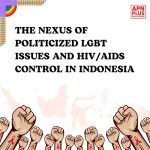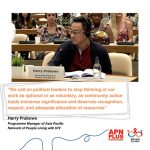G77 Must Protect Access to Affordable Generic TB Medicines
Unethical, immoral pressure from developed countries to exclude TRIPS flexibilities from operative text in the final draft must end immediately
Bangkok, 9 August 2018 – When governments meet in New York on 26 September 2018 for the first ever UN High Level meeting on Tuberculosis, they will adopt a Political Declaration making commitments to address TB prevention, treatment, care and support. In recent months it has become evident that the United States’ unethical agenda in the negotiations on this Declaration is to protect and guarantee the profits of the multinational pharmaceutical industry at the cost of the lives and health of millions in the developing world. Fortunately developing countries are standing up to this bullying. South Africa has objected to the omission of critical language in the Declaration that would commit governments to the use of TRIPS flexibilities and recognize the primacy of health over trade. Negotiations on the text have re-opened and the G77 must now clearly speak up for and protect access to affordable, generic health technologies for TB and the right to use TRIPS flexibilities to the fullest extent.
That the use of TRIPS flexibilities is likely to become important sooner rather than later for access to TB treatment has already become evident. Improved availability and far lower prices for newer MDR-TB medicines can be achieved through proper, unrestricted generic competition leading to a sustainable price for MDR-TB therapy. But the pricing and patenting policies of MNC pharma are resulting in fractured access in our countries and already health groups are calling for stricter patent criteria to prevent evergreening patents on MDR TB medicines and for the use of compulsory licensing to improve availability and affordability. This is likely to happen for any new TB health technologies.
Governments must accordingly commit to using any and all tools at their disposal to ensure access to affordable TB health technologies. International commitments like these also better support the use of TRIPS flexibilities and counter the inevitable pressure from MNC pharma and developed countries; they also lead to resources, technical assistance and other forms of support from international agencies when governments want to use TRIPS flexibilities. For the Asia-Pacific region, this is of utmost importance as we not only contribute over 50% of the TB and MDR-TB global burden, middle income countries in our region are routinely excluded from price discounts and licensing deals. Asia-Pacific countries are also global leaders in the use of TRIPS flexibilities.
What is most shocking about the current state of negotiations on the UN HLM TB Declaration is that language committing countries to the use of TRIPS flexibilities to ensure access to medicines, vaccines, diagnostics and other health technologies is neither new nor controversial! Since the Doha Declaration on TRIPS and Public Health was adopted in 2001 by all WTO members including developed countries, this language has featured in UN Political Declarations on HIV, non-communicable diseases (NCDs) and in the sustainable development goals (SDGs). What does it say about global health governance if UN member states cannot commit to do in TB what they have committed to do for HIV, NCDs and SDGs?
TB is a global epidemic that has been historically ignored and under-resourced, affecting millions of poor, marginalised and vulnerable people; to make the Political Declaration on TB the site of this petty attempt to weaken nearly two decades of global consensus on the use of TRIPS flexibilities raises serious concerns over whether we can actually expect a “united” or “urgent” global response to TB.
As people living with HIV, TB is of particular concern for our lives and health. The Asia Pacific Network of People living with HIV/AIDS (APN+) therefore calls on the G77 to:
- Ensure the inclusion of a strong commitment on the use of TRIPS flexibilities in the OPERATIVE partof the UN HLM TB Declaration including commitments to:
- The use to the full extent of TRIPS flexibilities to promote access to medicines
- Ensure that intellectual property provisions in trade agreements do not undermine the Doha Declaration
- Ensure that the enforcement of intellectual property does not create barriers to legitimate trade
- Support South Africa’s bold move to support all our lives and health by breaking the silence and support their proposals to include TRIPS flexibilities in the Preamble and R&D de-linkage in the Operative text.
APN+ also calls on developed countries to immediately cease putting pressure on the G77 to leave this language out of the operative part of the UN HLM TB Declaration. While it has become evident that the US has been pressuring our governments on this, the European Union, UK and other developed countries appear to have remained conveniently silent on this through the negotiations. This silence is unacceptable. They must speak out against the US pressure and vocally and unequivocally support the G77 and South Africa on putting the language on TRIPS flexibilities into the Operative text.
*****************
Contact:Mr. Shiba Phurailatpam,shiba@apnplus.org, +66 8660 00738
Download: UN HLM TB APN+ Open Letter 2018




